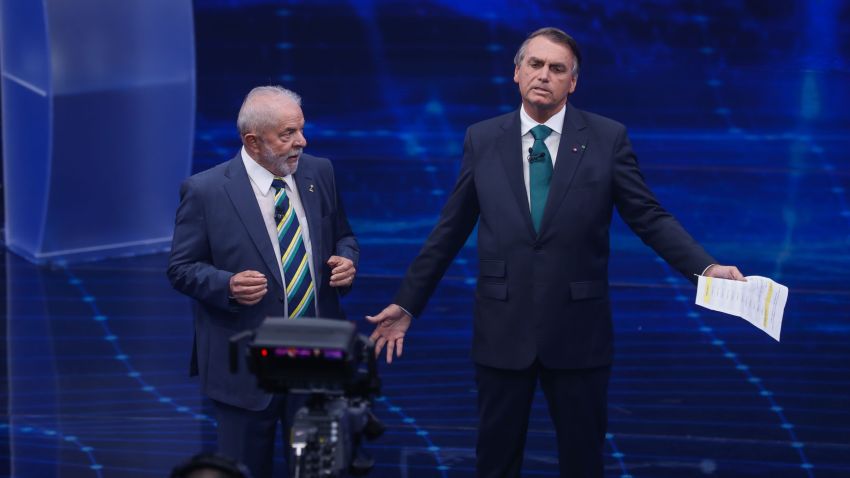Based on the results of the first-round voting in Brazil’s presidential election as well as current polling, former President Luiz Inacio Lula da Silva is expected to defeat incumbent President Jair Bolsonaro in the second-round runoff on Oct. 30. But no matter who wins, the next president of Brazil will face a polarized political system, disillusionment with the political process, and tens of millions of voters who believe the other side of the political spectrum is a threat to the country.
The signs of that polarization and discontent are clear from the first-round results on Oct. 2. Over 90 percent of the valid ballots in the first-round voting went to Lula and Bolsonaro, at 57 million and 51 million respectively. By contrast, fewer than 10 million Brazilians voted for the rest of the first-round candidates combined. As a percentage of total voters, this was the smallest ever. Most Brazilian presidential elections—2006 being the only other exception—have a more divided first round, with third-party candidates usually taking around 20 percent or more of the vote.
Support for third-party candidates this year was dampened by both Lula and Bolsonaro calling on voters to “make their votes count” by casting their ballots strategically, rather than for their actual preference in the first round. The voters of Brazil, even those for whom neither Lula nor Bolsonaro was their first choice, clearly agreed. They treated the first round as a two-candidate race in which their votes were put to best use by demonstrating a clear anti-Bolsonaro or anti-Lula preference, rather than spreading them among a more widely dispersed field.

